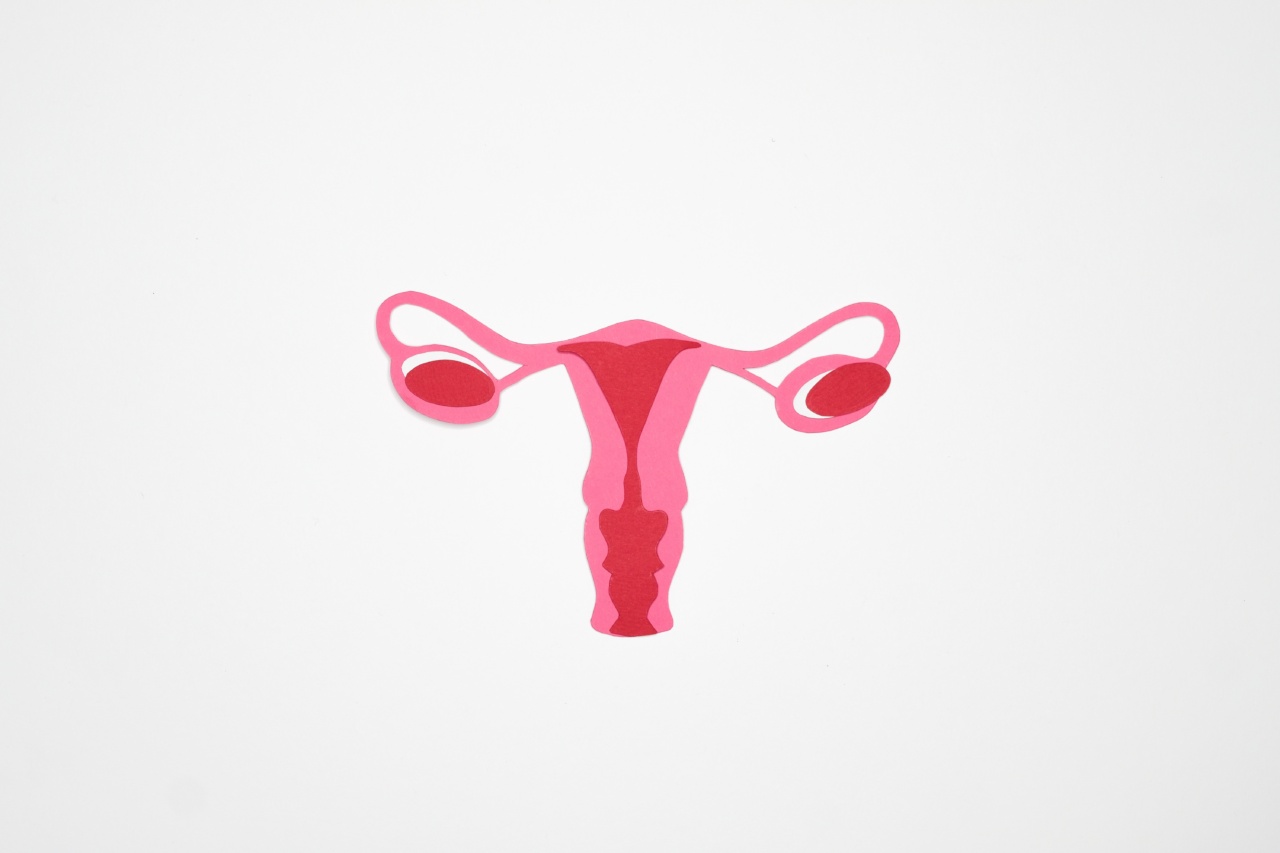Ovarian health is an important aspect of a woman’s overall wellbeing. The ovaries play a crucial role in the reproductive system, producing eggs and hormones that regulate the menstrual cycle.
Understanding and maintaining good ovarian health is essential for fertility, hormonal balance, and overall health. In this article, we will explore everything a woman should know about her ovarian health.
1. Anatomy of the Ovaries
The ovaries are two small, almond-shaped organs located on either side of the uterus. They are responsible for producing eggs and hormones like estrogen and progesterone. Each ovary contains thousands of follicles, tiny sacs that house undeveloped eggs.
2. Menstrual Cycle and Ovarian Function
The menstrual cycle is a complex process governed by hormonal fluctuations and signals from the brain, primarily the pituitary gland. During each cycle, an egg matures and is released from one of the ovaries in a process called ovulation.
If the egg is fertilized by sperm, it implants in the uterus, leading to pregnancy. If not, the lining of the uterus sheds during menstruation.
3. Factors Affecting Ovarian Health
Several factors can impact ovarian health, including age, genetics, lifestyle choices, and underlying medical conditions.
Age is a significant factor as ovarian function declines naturally with age, leading to a decrease in fertility and hormone production. Certain genetic conditions, such as polycystic ovary syndrome (PCOS), can affect ovarian function.
4. Maintaining Ovarian Health
While some factors affecting ovarian health are beyond our control, several steps can be taken to promote and maintain optimal ovarian health. These include:.
5. Healthy Diet
Consuming a balanced diet rich in fruits, vegetables, whole grains, lean proteins, and healthy fats can provide essential nutrients required for optimal ovarian health.
Antioxidant-rich foods like berries, leafy greens, and nuts can help protect the ovaries from oxidative stress.
6. Regular Exercise
Physical activity plays a vital role in maintaining overall health, including ovarian health. Regular exercise improves blood circulation, reduces stress, and helps regulate hormones.
Engaging in activities like walking, swimming, or yoga can have a positive impact on ovarian health.
7. Managing Stress
Chronic stress can disrupt hormonal balance and impact ovarian function. Finding healthy ways to manage stress, such as practicing mindfulness, deep breathing exercises, or engaging in hobbies, can support overall ovarian health.
8. Birth Control Options
Using birth control methods, such as hormonal pills or intrauterine devices (IUDs), can have benefits beyond preventing pregnancy.
Hormonal contraceptives can help regulate menstrual cycles, reduce the risk of ovarian cysts, and lower the chances of developing ovarian cancer.
9. Regular Check-ups
Regular visits to a healthcare provider are essential for monitoring ovarian health. Routine check-ups can help detect any abnormalities or changes early on, improving the chances of successful treatment if needed.
10. Signs of Ovarian Dysfunction
It’s important for women to be aware of signs that may indicate ovarian dysfunction or potential health issues.
These signs include irregular menstrual cycles, severe pelvic pain, excessive hair growth, unexplained weight gain or loss, and difficulty getting pregnant. If any of these symptoms occur, it’s crucial to consult a healthcare professional for proper evaluation and guidance.
Conclusion
Understanding and actively caring for ovarian health is vital for every woman. By adopting a healthy lifestyle, managing stress, and seeking regular check-ups, women can promote optimal ovarian health and enhance their overall well-being.
Prioritizing ovarian health not only supports fertility but also contributes to hormonal balance and overall quality of life.






























